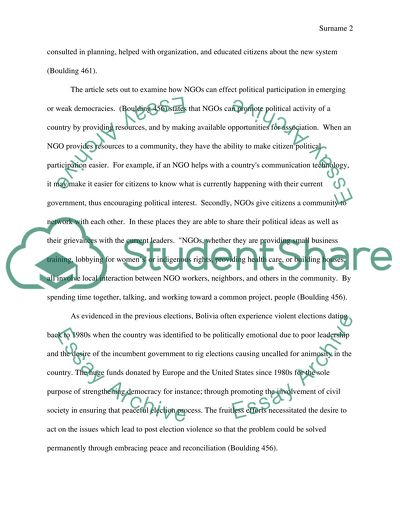Cite this document
(“The Bolivian Election Research Paper Example | Topics and Well Written Essays - 2000 words”, n.d.)
The Bolivian Election Research Paper Example | Topics and Well Written Essays - 2000 words. Retrieved from https://studentshare.org/history/1447394-political-science-journal-article-review
The Bolivian Election Research Paper Example | Topics and Well Written Essays - 2000 words. Retrieved from https://studentshare.org/history/1447394-political-science-journal-article-review
(The Bolivian Election Research Paper Example | Topics and Well Written Essays - 2000 Words)
The Bolivian Election Research Paper Example | Topics and Well Written Essays - 2000 Words. https://studentshare.org/history/1447394-political-science-journal-article-review.
The Bolivian Election Research Paper Example | Topics and Well Written Essays - 2000 Words. https://studentshare.org/history/1447394-political-science-journal-article-review.
“The Bolivian Election Research Paper Example | Topics and Well Written Essays - 2000 Words”, n.d. https://studentshare.org/history/1447394-political-science-journal-article-review.


